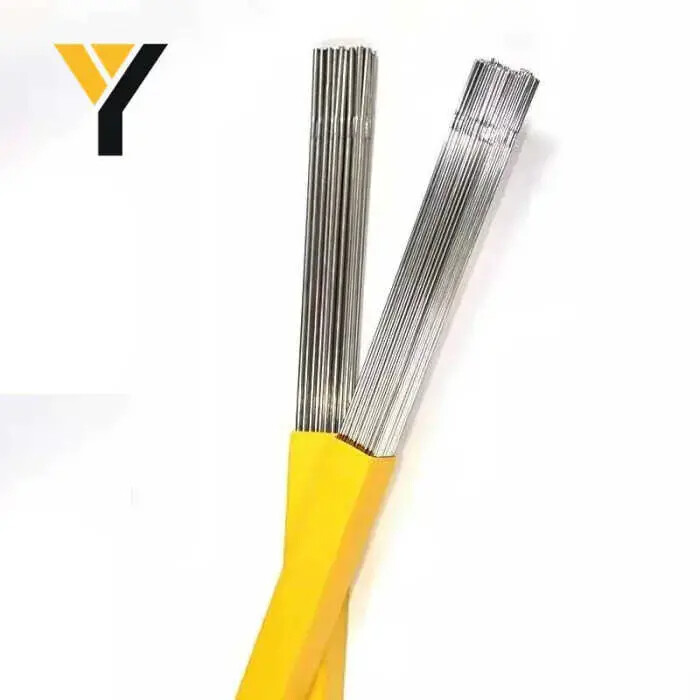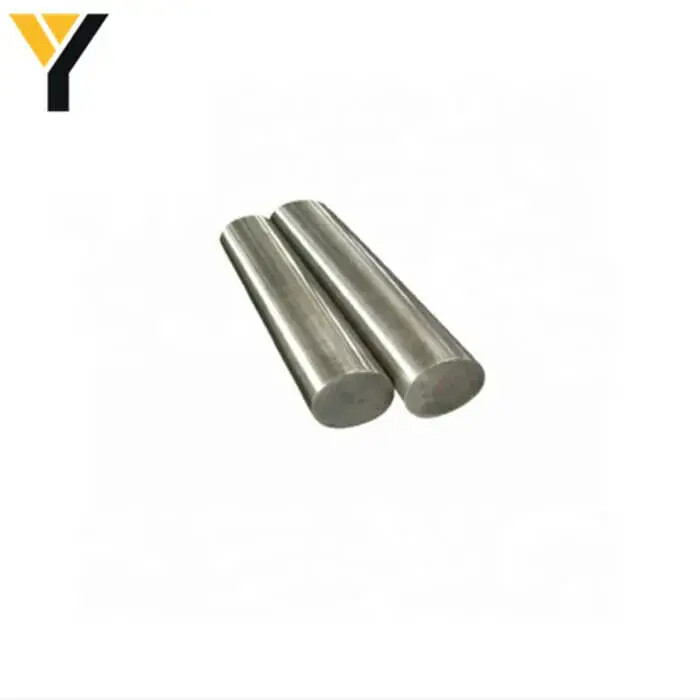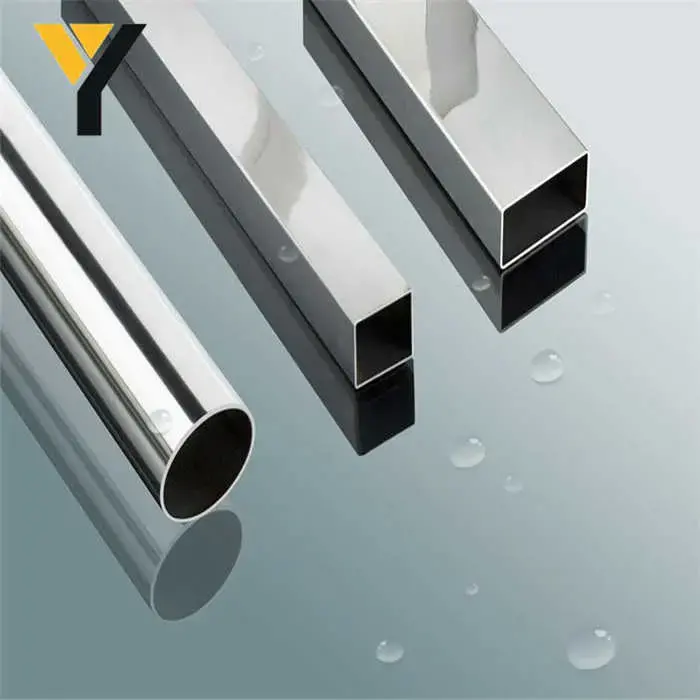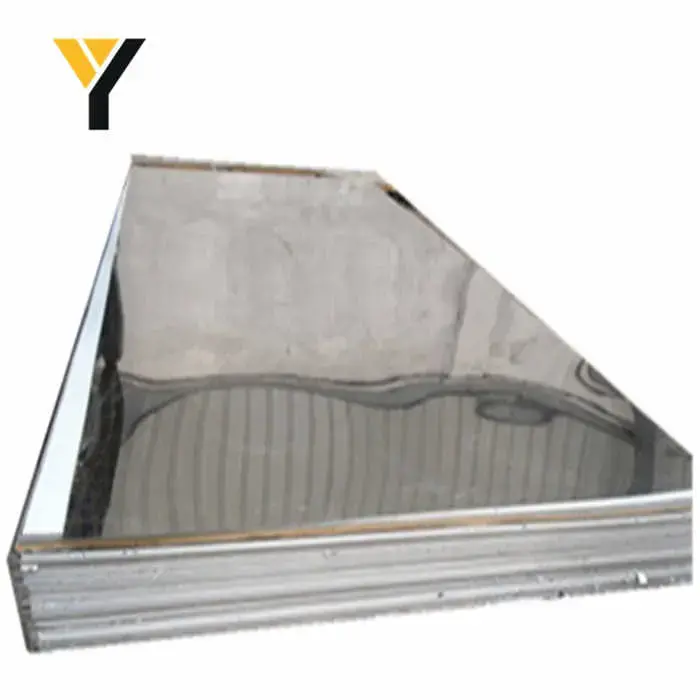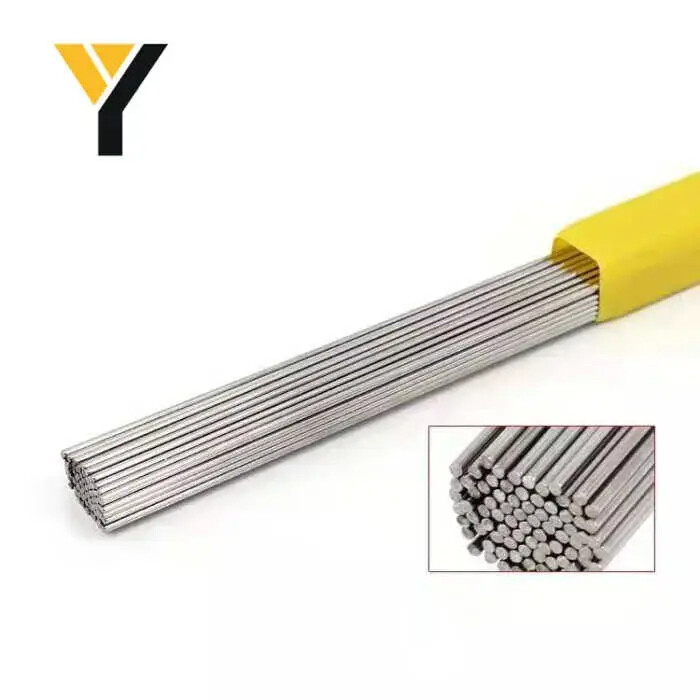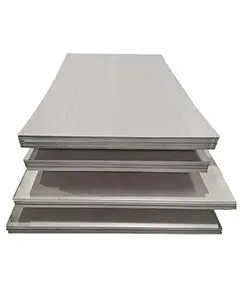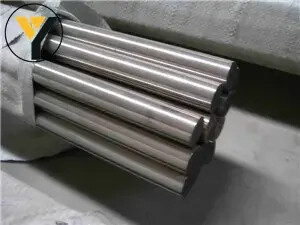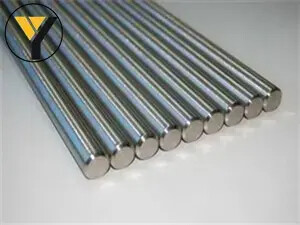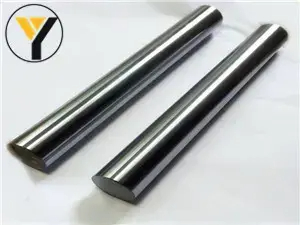

2. Resists spalling even under severe thermal cycling conditions
3. Highly resistant to carburization
4. Good creep rupture strength
5. Metallurgical stability
Hastelloy 276
HASTELLOY C-276
UNS Number N10276
Other common names: Alloy C276, Hastelloy C, Inconel C-276
Hastelloy C276 is a nickel-molybdenum-chromium superalloy with an addition of tungsten designed to have excellent corrosion resistance in a wide range of severe environments. The high nickel and molybdenum contents make the nickel steel alloy especially resistant to pitting and crevice corrosion in reducing environments while chromium conveys resistance to oxidizing media. The low carbon content minimizes carbide precipitation during welding to maintain corrosion resistance in as-welded structures. This nickel alloy is resistant to the formation of grain boundary precipitates in the weld heat-affected zone, thus making it suitable for most chemical process application in an as welded condition.
Although there are several variations of the Hastelloy nickel alloy, Hastelloy C-276 is by far the most widely used.
Alloy C-276 is widely used in the most severe environments such as chemical processing, pollution control, pulp and paper production, industrial and municipal waste treatment, and recovery of sour natural gas.
In what forms is Hastelloy C276 ?
Bar
Sheet
Plate
Pipe & Tube (welded and seamless)
Pipe Fittings
Welding Wire
Corrosion Resistant Hastelloy C276
Considered one of the most versatile corrosion resistant alloys available, Hastelloy C-276 exhibits excellent resistance in a wide variety of chemical process environments including those with ferric and cupric chlorides, hot contaminated organic and inorganic media, chlorine, formic and acetic acids, acetic anhydride, seawater, brine and hypochlorite and chlorine dioxide solutions. In addition, alloy C-276 resists formation of grain boundary precipitates in the weld heat affected zone making it useful for most chemical processes in the as-welded condition. This alloy has excellent resistance to pitting and stress corrosion cracking.
What are the characteristics of Hastelloy C276?
Excellent corrosion resistance in reducing environments
Exceptional resistance to strong solutions of oxidizing salts, such as ferric and cupric chlorides
High nickel and molybdenum contents providing good corrosion resistance in reducing environments
Low carbon content which minimizes grain-boundary carbide precipitation during welding to maintain resistance to corrosion in heat-affected zones of welded joints
Resistance to localized corrosion such as pitting and stress-corrosion cracking
One of few materials to withstand the corrosive effects of wet chlorine gas, hypochlorite and chlorine dioxide
Chemical Composition(%)
Get Free Quote
